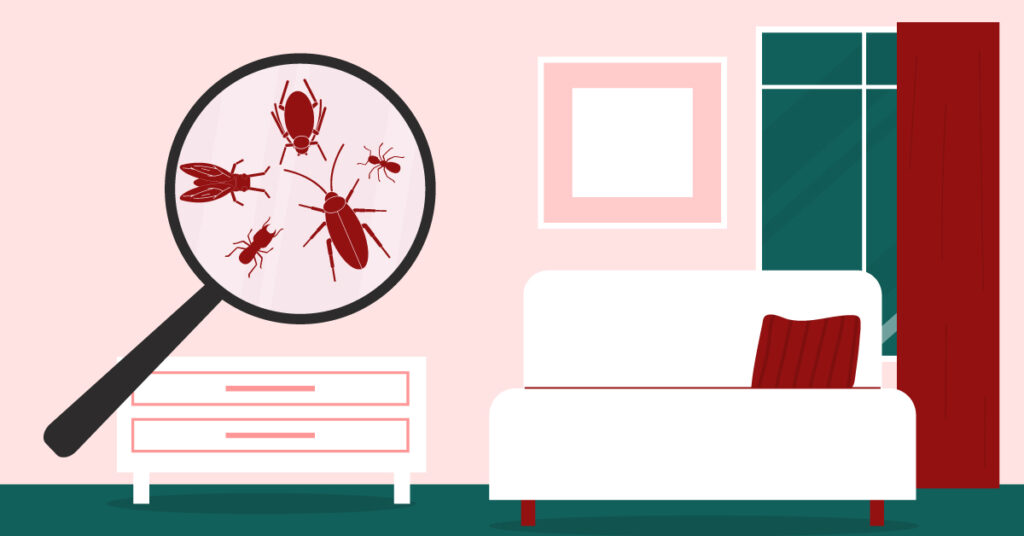In an ever-changing world, the safety and security of your home continue to be a top priority. Whether you’re concerned about potential break-ins, want to protect your family, or simply wish to have peace of mind when you’re away, a home security system can be an extremely valuable addition to any property.
But with a multitude of options available, how do you choose the best home security system that suits your unique needs? We’ll explore the factors to consider, the types of home security systems available, and the essential steps to make an informed decision.
The Importance of Home Security
Home security has come a long way from traditional locks and deadbolts. In today’s digital age, technological advancements have given homeowners access to sophisticated security systems that can safeguard their property and loved ones.
Beyond physical protection, home security systems offer psychological reassurance. Knowing that your home is secure can reduce anxiety and contribute to overall well-being.
Types of Home Security Systems
Here are a few differnt types of home security systems that might make sense for your home.
Burglar Alarm Systems
These systems primarily focus on intrusion detection. They include sensors on windows and doors, triggering alarms when unauthorized entry is detected.
Video Surveillance Systems
Video cameras placed strategically around your property can provide real-time monitoring and recorded footage, acting as both a deterrent and a valuable investigative tool.
Home Automation and Smart Security
Like many things these days, Smart security systems can be controlled remotely. You can manage lighting, thermostats, locks and even view live camera feeds from your smartphone.
24/7 Monitoring Services
Professional monitoring services connect your home security system to a central monitoring center. Trained professionals can dispatch emergency responders if an alarm is triggered.
Determining Your Home Security Needs

Home security needs can not only give you peace of mind, but it can also increase your proprty value if you want to sell your home in the future.
Assessing Your Property
Start by evaluating your property’s layout, size, and potential entry points. Identify areas that may be vulnerable to break-ins or other security risks.
Identifying Vulnerabilities
Consider factors such as neighborhood crime rates, the visibility of your home, and nearby access points. These factors can help you identify vulnerabilities that need addressing.
Defining Your Security Goals
Determine your specific security goals, whether it’s to deter burglars, monitor your property remotely, or receive immediate alerts in case of emergencies.
Key Features to Look for in a Home Security System
Below are key features to consider when selecting a home security system.
Motion Sensors and Door/Window Contacts
These sensors detect movement or the opening of doors and windows. They are fundamental components of any home security system. There are even specific alarm systems for external items such as sheds or workspaces.
Video Cameras and Surveillance Options:
High-definition cameras with night vision capabilities offer crisp and clear footage day or night. Consider whether you want indoor, outdoor, or doorbell cameras.
Remote Access and Control
The ability to control your security system and view real-time camera feeds from your smartphone or computer adds convenience and peace of mind.
Environmental Monitoring (Smoke, CO, Water)
Many modern systems offer environmental sensors to detect smoke, carbon monoxide, and water leaks, providing comprehensive protection.
Professional Monitoring Services
Subscribing to professional monitoring ensures that someone is always watching over your home, ready to respond to alarms or emergencies.
DIY vs. Professional Installation
DIY installation options are often more affordable and allow for greater customization. They are suitable for tech-savvy individuals who want to take control of their security setup.
Professional installation ensures that your system is correctly set up and optimized. It’s an excellent choice for those who prefer a hassle-free experience and want peace of mind knowing everything works as it should.
Hybrid Options
Some providers offer hybrid solutions, allowing you to combine DIY components with professional installation for a tailored approach.
Choosing a Reputable Home Security Provider
Research different home security providers, compare their offerings, and read reviews from other customers to gauge their reputation.
Real-world experiences and feedback from other homeowners can provide valuable insights into the reliability and customer service of a security company.
Ensure that the company and its technicians are properly certified and licensed to install and maintain security systems in your area.
Customizing Your Home Security System
Tailoring the System to Your Needs
Customize your security system to address your specific concerns. For example, if you have pets, consider pet-friendly motion detectors.
Adding Extra Layers of Protection
Explore additional security features such as glass break detectors, panic buttons, or smart locks to enhance your overall security.
Cost Considerations and Budgeting
Assess the upfront costs of equipment and installation and any ongoing monthly fees for monitoring services.
Long-Term Value and Return on Investment
Consider the long-term value of a home security system in terms of potential savings on insurance premiums and the priceless peace of mind it offers.
At the end of the day, the best home security system for you depends on your specific needs and your property. Do your research and select a company that works best for your budget and your security needs. There are several different options available with pros and cons, and the best one for you will give you peace of mind while you are home or away.
You might also be interested in: ADT Google Doorbell Home Security System Reviewed




